Located in the central Indian state of Madhya Pradesh, Karera Wildlife Sanctuary is a paradise for bird lovers, especially those keen to catch a glimpse of the Indian bustard, a critically endangered species. Spanning over 202 square kilometres, the sanctuary is home to diverse flora and fauna, making it an essential stop for nature enthusiasts. Karera’s vast grasslands, interspersed with wetlands, create a rich ecosystem that supports numerous migratory birds, reptiles, and mammals. The sanctuary’s unique environment, combined with its biodiversity, makes it a must-visit for wildlife lovers and photographers alike.
Location
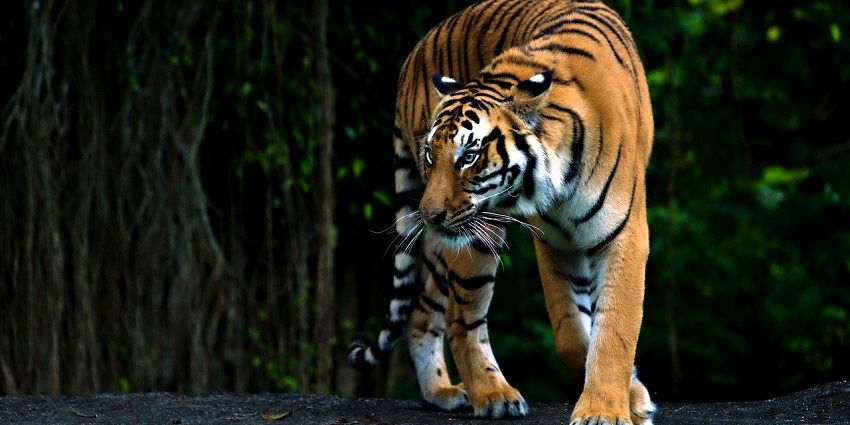
Photo: ignartonosbg / Pixabay / Image For Representation Only
Karera Wildlife Sanctuary is located near Karera town in Shivpuri district, Madhya Pradesh. Positioned about 55 km from the district headquarters in Shivpuri and around 55 km from Jhansi, Uttar Pradesh, the sanctuary lies at the junction of important transport routes, making it easily accessible for travellers from various parts of India. The sanctuary is part of the larger ecosystem that connects to the Madhav National Park and other forest reserves in central India.
Suggested Read: National Parks Near Indore
How To Reach Karera Wildlife Sanctuary
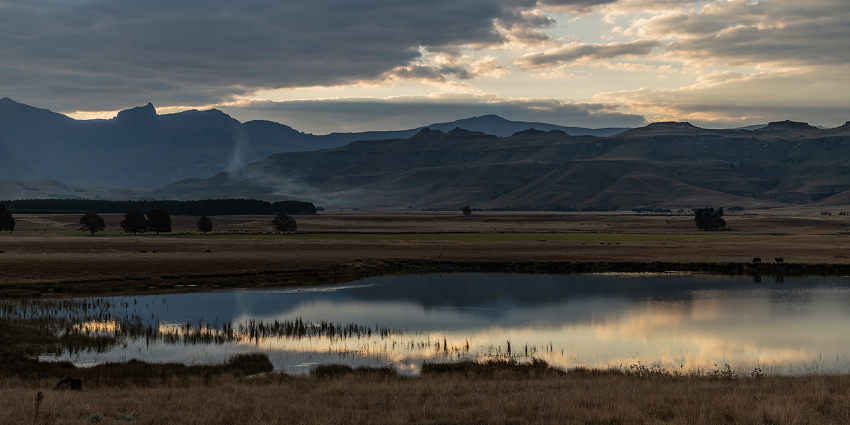
Photo: ANadia_A77 / Pixabay / Image For Representation Only
By Air: The nearest airport is Gwalior Airport, which is located around 150 km from the sanctuary. Visitors can fly to Gwalior and then hire a taxi or take public transport to reach Karera.
By Train: Jhansi Railway Station is the closest railhead, located about 55 km away. From Jhansi, local taxis or buses can take you to Karera Wildlife Sanctuary.
By Road: Karera is well-connected by road to major cities in Madhya Pradesh and Uttar Pradesh. Visitors can take buses or hire taxis from Gwalior, Jhansi, or Shivpuri. The sanctuary is accessible via National Highway 27.
Places To Visit Near Karera Wildlife Sanctuary
Discover scenic beauty, rich biodiversity, and nearby historical sites around Karera Wildlife Sanctuary, offering a perfect blend of nature and heritage.
1. Madhav National Park
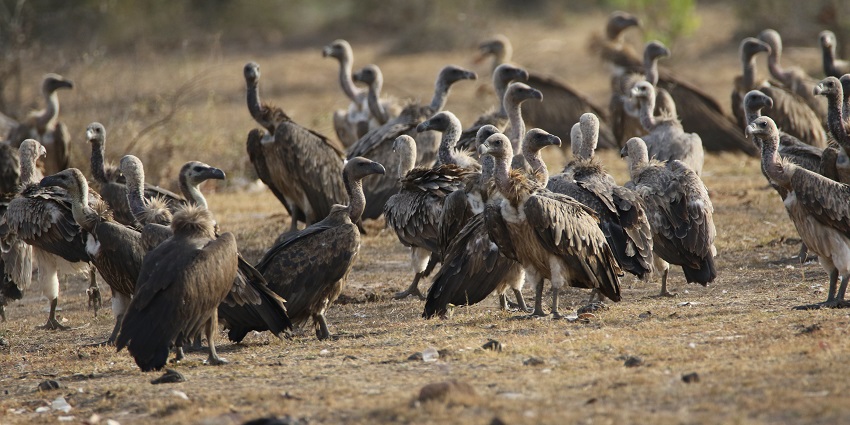
Photo: Chitra2016 / Wikimedia Commons
Located approximately 60 km from Karera, Madhav National Park is a must visit destination for wildlife lovers. The park covers a vast area and is home to various animals, including tigers, leopards, and the Indian gazelle. The park’s landscape is diverse, featuring lakes, grasslands, and dense forests, which provide a rich habitat for many bird species. Additionally, boating facilities are available on the lake, offering an opportunity to enjoy the park’s serene environment.
Timings: 6 AM to 6 PM
Entry Fee:₹50 for Indians, ₹250 for foreigners
Suggested Read: Wildlife Sanctuaries In Madhya Pradesh
2. Chhatris Of Shivpuri
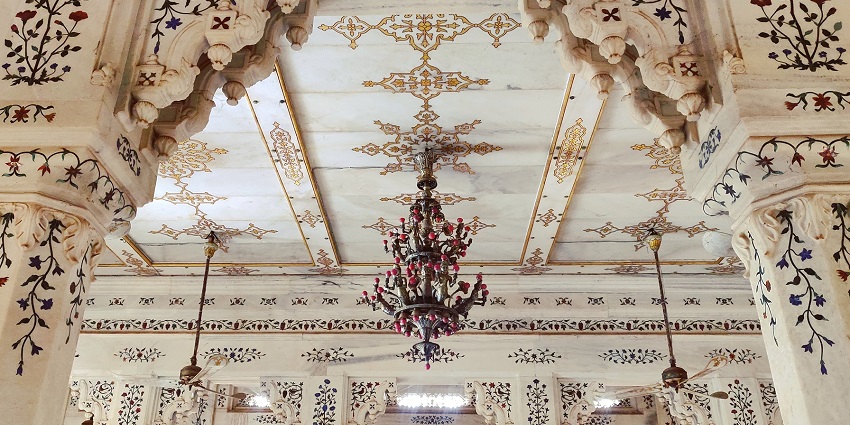
Photo: MoniOjha / Wikimedia Commons
The Chhatris of Shivpuri are a stunning example of the rich cultural heritage of Madhya Pradesh. Located about 55 km from Karera, these cenotaphs were built in honour of the Scindia dynasty, one of the region’s most prominent royal families. These cenotaphs stand as a symbol of royal grandeur and offer a peaceful retreat from the hustle and bustle of the nearby towns. Surrounded by manicured lawns, the Chhatris also serve as a perfect spot for photography.
Timings: 8 AM to 6 PM
Entry Fee:₹20 for Indians, ₹100 for foreigners
3. Jhansi Fort
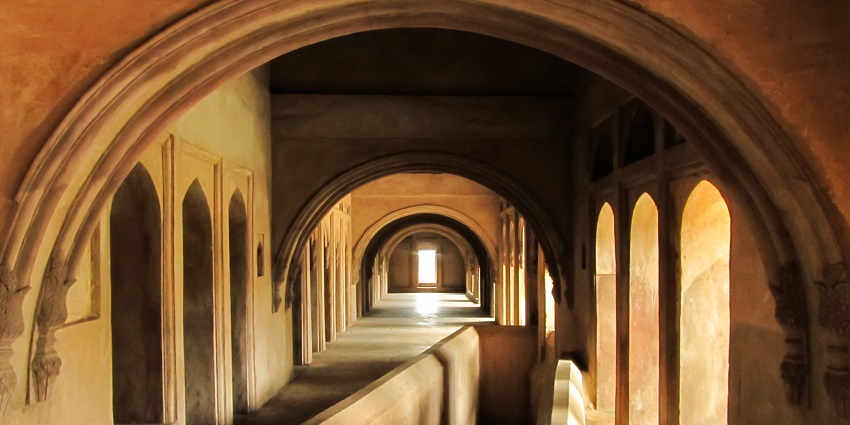
Photo: Karthiknanda / Wikimedia Commons
Located 55 km from Karera, Jhansi Fort is a major historical landmark and a testament to the strength and bravery of Rani Lakshmibai, the warrior queen of Jhansi who played a pivotal role in the Indian Rebellion of 1857. The fort, which dates back to the 17th century, is spread over a large area and includes numerous bastions, gates, and memorials. The museum inside the fort displays artefacts, weapons, and paintings that highlight the historical significance of the site.
Timings: 6 AM to 6 PM
Entry Fee:₹25 for Indian nationals, ₹100 for foreign tourists
Suggested Read: Places To Visit Near Kanha National Park For Travellers
4. Karera Lake
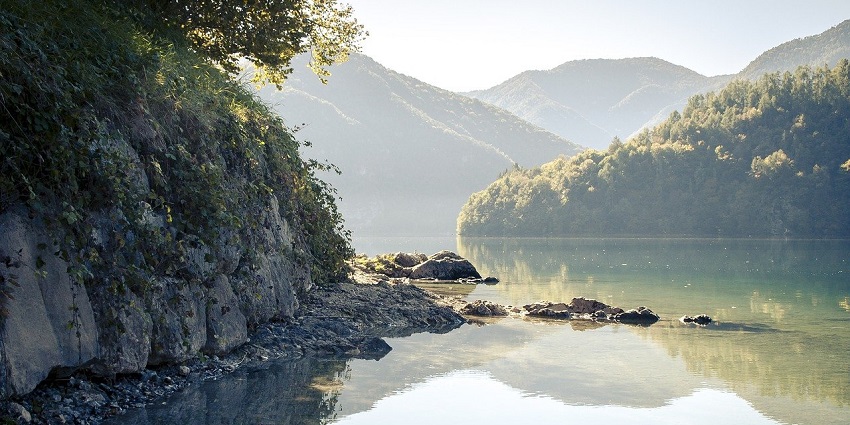
Photo: petrabernecker / Pixabay / Image For Representation Only
Located adjacent to the wildlife sanctuary, Karera Lake is a beautiful water body that plays a crucial role in supporting the local ecosystem. The lake is particularly famous for its birdlife, attracting both resident and migratory species throughout the year. During the winter months, visitors can see various birds, including flamingos, pelicans, and storks, making it a bird watcher’s paradise.
Timings: Open year-round
Entry Fee:None
5. Pawa Waterfalls
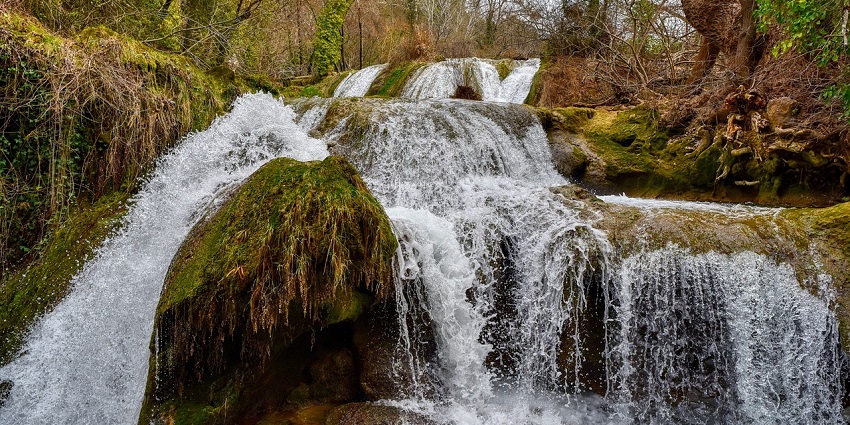
Photo: lecreusois / Pixabay / Image For Representation Only
Pawa Waterfalls, located around 75 km from Karera Wildlife Sanctuary, is a lesser-known but stunning natural attraction. Nestled in the Vindhya mountain range, the waterfall is a seasonal wonder best visited after the monsoon when the water flows in full force. The surrounding area is characterised by dense forests and rocky cliffs, creating a perfect environment for trekking and exploring.
Timings: Open year-round
Entry Fee:None
Suggested Read: Explore Dinosaur Fossil National Park
Where To Stay

Photo: Engin_Akyurt / Pixabay / Image For Representation Only
Accommodations around Karera Wildlife Sanctuary are varied, offering options for different budgets. For a luxurious stay, The Royal Palace Hotel in Shivpuri offers premium services and a comfortable stay. Budget travellers can find several guesthouses and lodges in Karera town, such as Hotel Surya and Karera Tourist Lodge, which provide basic amenities at reasonable rates.
Where To Eat
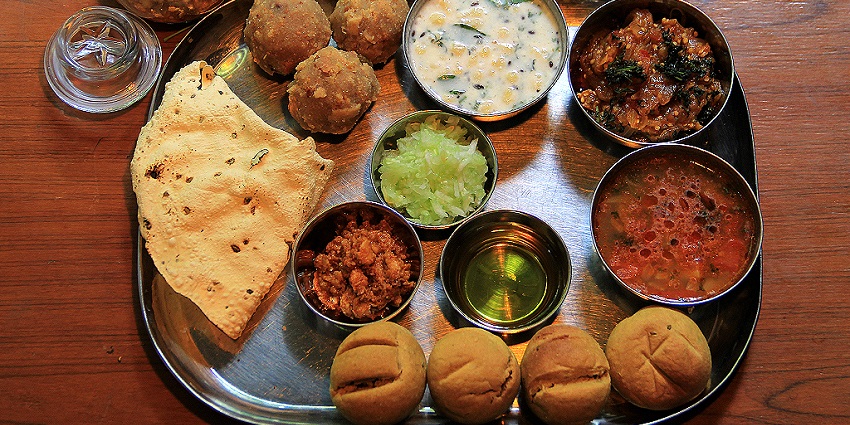
Photo: Niranjan.gohane / Image For Representation Only
Dining options near Karera Wildlife Sanctuary are limited, but the nearby towns of Shivpuri and Jhansi offer a range of eateries. Local restaurants like Shivpuri Dhaba and Hotel Gaurav Restaurant serve authentic Indian dishes, including regional specialties like dal bafla and kadhi. For those exploring Jhansi, Heritage Restaurant offers a mix of North Indian and continental cuisines. It’s advisable to carry snacks and bottled water while visiting the sanctuary, as food options are sparse within the reserve itself.
Suggested Read: Best Places To Visit In Indore For Food & Cultural Exploration
Best Time To Visit Karera Wildlife Sanctuary
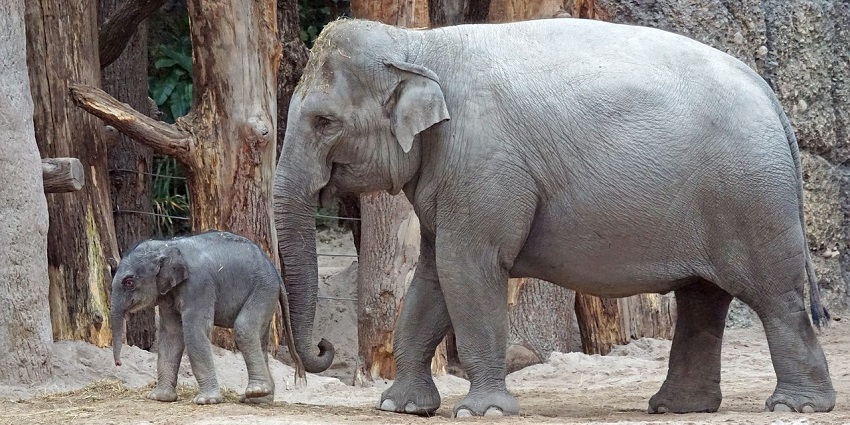
Photo: Pixel-mixer / Pixabay / Image For Representation Only
The best time to explore Karera Wildlife Sanctuary is between November and February, during the cooler winter season, when the weather is more pleasant and the likelihood of seeing wildlife, especially migratory birds, is significantly greater.
Other Factors To Consider
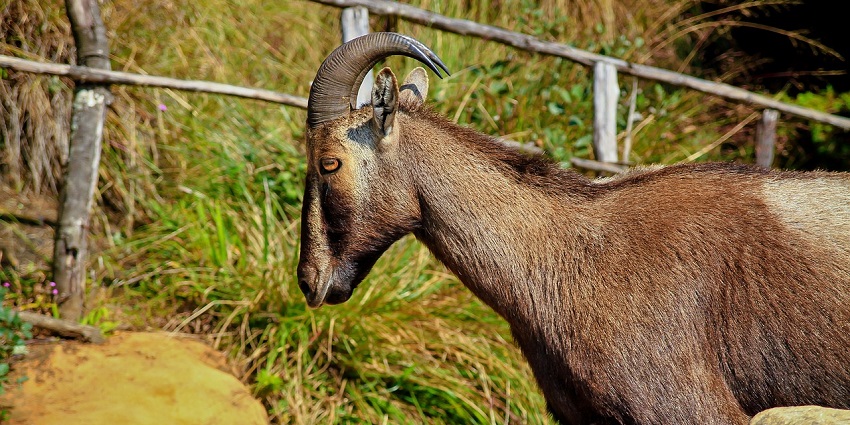
Photo: nandhukumar / Pixabay / Image For Representation Only
Average Cost Of the Trip:
Budget travellers can expect to spend around ₹2,500 to ₹4,000 per day. The trip cost to Karera Wildlife Sanctuary includes Karera Wildlife Sanctuary ticket price, basic accommodation, food, and transportation. Staying in budget hotels and dining at local eateries will help keep costs down while still offering a comfortable experience.
Tips For Travellers:
- Carry a pair of binoculars for birdwatching, as the sanctuary is known for its rich avian population.
- Do not disturb the animals while clicking photos at Karera Wildlife Sanctuary.
- Make sure to carry sufficient cash, as ATMs are limited in the area.
- Wear light, breathable clothing and comfortable shoes for walking in the sanctuary.
- Ensure you have a local guide or map, as some areas of the sanctuary may be remote and difficult to navigate.
Suggested Read: Rani Durgavati Wildlife Sanctuary
Karera Wildlife Sanctuary offers a tranquil escape into nature with its unique combination of birdlife, scenic landscapes, and cultural experiences. Karera is a hidden gem that promises an enriching and peaceful retreat for nature lovers and history buffs alike. Ready to explore the beauty of Madhya Pradesh’s wildlife? Book your Karera Wildlife Sanctuary tour with TripXL today and enjoy a carefully curated experience in one of India’s most scenic sanctuaries.
Cover Photo: Subhrajyoti Parida / Wikimedia Commons / Image For Representation Only


 WhatsApp
WhatsApp
 Twitter
Twitter









